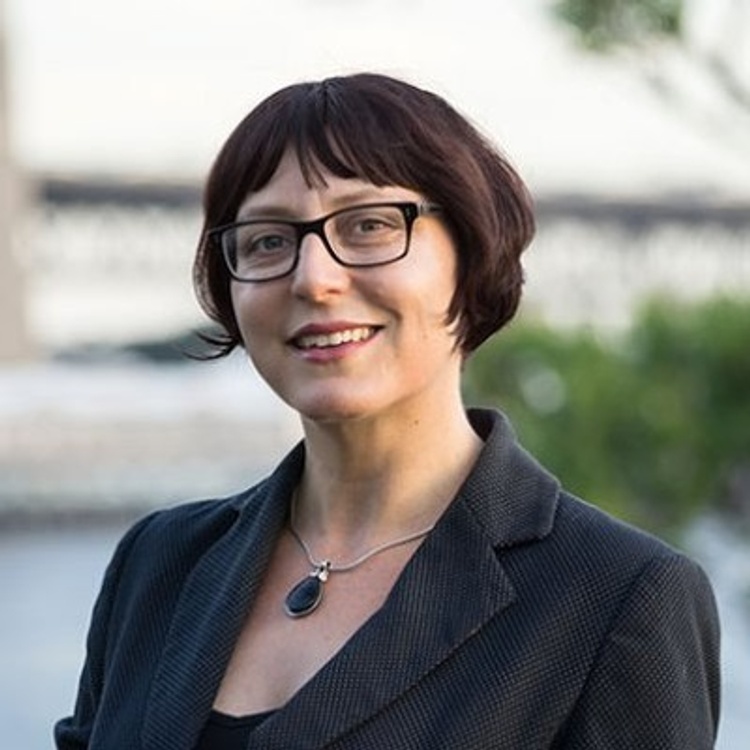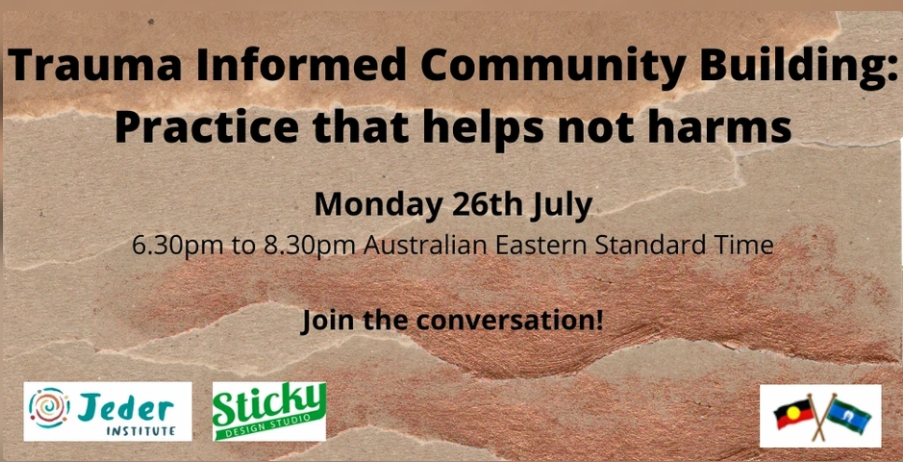
ONLINE – Trauma Informed Community Building – Practice that helps not harms
Trauma Informed Community Building – Practice that helps not harms
26th July 6:30 – 8:30pm
Trauma is common within society at large and is particularly prevalent amongst vulnerable populations, First Nations peoples and people with Lived Experience of disability and/or mental health challenges.
Trauma informed practice is a strengths-based framework that supports responsiveness to the impact of trauma, enabling physical, psychological, and emotional safety for both providers and survivors.
As community workers, we need to become more aware of trauma informed practice so that we can help and not harm the communities we work with.
Learn more about what it means to be trauma informed and about trauma informed community development practice. Together we will learn about the 4 Trauma Informed Community Building (TICB) principles as developed by BRIDGE Housing Corporation and the Health Equity Institute at San Francisco State University.
These TICB principles guide community building activities and broader community development decisions and processes.
Lets come together to reflect on these principles and what they mean for our work as community builders.
Do no harm. Be aware of past and ongoing trauma and avoid re-traumatising individuals. This requires ongoing transparency, consistent communications, and the creation of environments that de-escalate stress. It also requires self-awareness about how different racial, gender, and socioeconomic groups experience decisions, actions, and impacts.
Acceptance. Meet residents where they are, accept the realities of the community conditions, and set expectations accordingly. Everyone is welcome to participate.
Community empowerment. Recognize the importance of self-determination to encourage long-term community stewardship. Inclusiveness is core to community building in trauma affected neighbourhoods, where generations have been marginalised from community development processes and excluded from reaping the benefits. It is critical to ensure that the community building efforts can be sustained by the community and not dependent on outsiders.
Reflective process. Engage in an ongoing reflective practice that responds to new developments and knowledge and constantly adjusts to meet the needs of the community and overall vision for the neighbourhood. It will take a sustained approach over multiple generations to improve outcomes in a trauma impacted community.
Join the conversation!
Who is this for?
Community development practitioners, academics, youth workers, disaster recovery, local government, school chaplains, community workers; anyone working in community
Facilitators
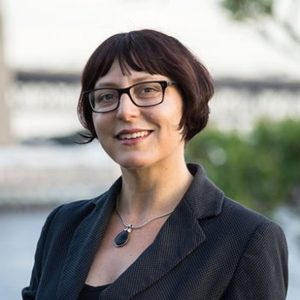
Jax Wechsler is a co-design practitioner and change maker based in Sydney Australia.
She is passionate about change doing, learning and capability building. She teaches and mentors people interested in social design and change practices, and has founded two communities of practice, Social Design Sydney and the Systems Change Salon aimed at supporting change makers to do social and systems change work.
Jax consults as Sticky Design Studio where she draws on multiple influences in her practice. She often works with vulnerable communities and in 2020 she completed a Certificate in Trauma Informed Care. Learn more about Jax’s projects and publications at jaxwechsler.com or on LinkedIn.
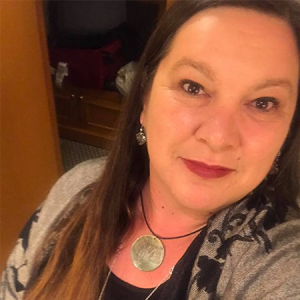
Through her down-to-earth style, Dee Brooks from Jeder Institute brings people together in dynamic ways to realise and engage the full potential of their networks and communities. Over 20 years, her work has inspired people at hundreds of events and workshops worldwide where she offers community engagement and development training and also provides professional co-design, facilitation and keynote addresses for conferences, forums and events.
Dee is an Intentional Nomad who has travelled and worked in over 20 countries. Based on two decades of grassroots work, Dee’s background is in youth work, community-based research and community-university outreach and she is a firm believer in the power of tapping into the collective wisdom of a community to strengthen and build on what’s already there.
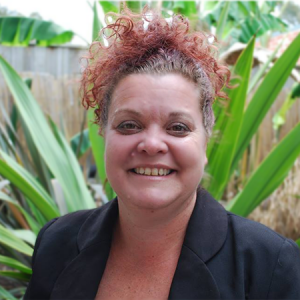
Michelle Dunscombe is based on Taungurung land in rural Victoria, Australia and is an enthusiastic community development practitioner, facilitator and trainer. She is passionate about strengthening regional and rural communities particularly Aboriginal and Torres Strait Islander communities, to discover possibilities, develop community leadership capacity, build community resilience and support community led projects. She draws on her experience working with local and state governments, a community foundation, the private and the not for profit sectors to inform her work with communities.
Michelle is an ABCD Institute faculty member, Vice Chair of ABCD Asia Pacific Inc, a Regional Development Australia Hume committee member and a former Country Correspondent for Australia and global country correspondent coordinator for the International Association for Community Development (IACD) with a wealth of experience working with communities and community organisations. Michelle utilises asset based community development methodologies and participatory leadership practices to support community led initiatives.



